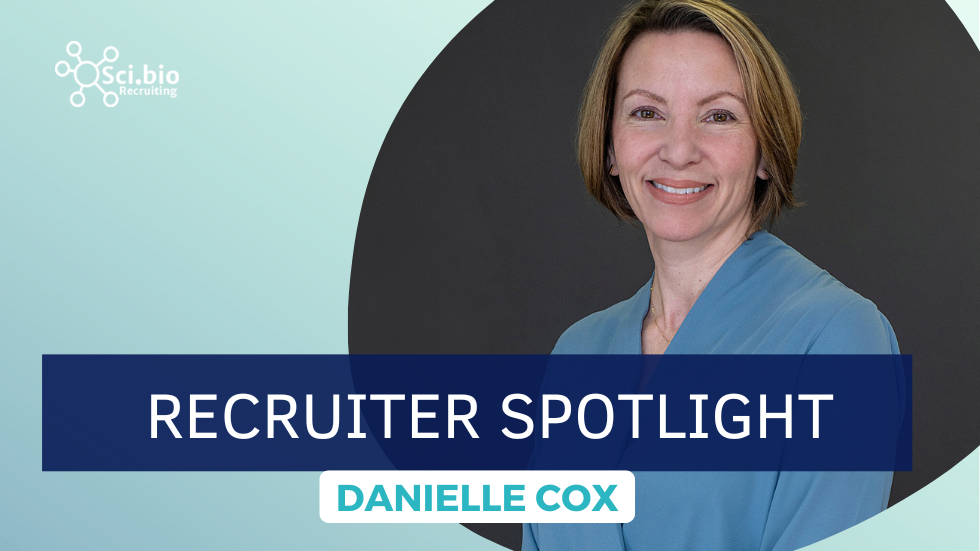Hiring science talent is not for the faint of heart. All too often, that rare bird you rescued from the candidate slush pile turns out to be a common pigeon—or flies the coop well before your investment pays off. If you’re having trouble bringing in and holding onto the best people, these common hiring mistakes could be standing in your way.
Getting mired in generalities:
If you registered with a dating service and requested a “sincere person who likes long walks, good food, and travel,” you wouldn’t get very far. It’s too broad a filter to sort the wheat from the chaff. Similarly, terms such as “dynamic,” “hard-working,” and “flexible” won’t help you find the medical science liaison of your dreams. Specifics are your ally.
Prioritizing qualities that don’t matter:
Is a typo in a resume a good reason to disqualify a candidate? If you’re hiring a science writer, it may well be. If you need someone who knows her way around Petri dishes, however, insisting on a flawless resume could lead you to miss the perfect hire. Asking all interviewees to prepare presentations falls in the same category: not all positions call for this skill. The same goes for the much-valued skill of performing well in front of an audience—a common interview filter that, according to a new study by the University of South Carolina, could end up eliminating many well-qualified candidates.1
Relying on surface impressions:
Who doesn’t love a smiling candidate with a relaxed posture? The interview process tends to tilt the scales toward people who make a good impression, rather than those best suited to the job. It pays to remember that first impressions reflect not only an interviewee’s qualities but our own biases.1 Besides, a warm personality won’t help a biochemist develop a killer assay.
Overvaluing ambition:
The appetite to “move up in an organization” may seem an obvious asset, but an ambitious person may well decide to move away from the organization when greener pastures beckon. The scientist with an undivided passion for the lab bench, meanwhile, may offer a far greater ROI for your organization. As noted in a Science Magazine article about hiring PhDs, “hiring managers should appreciate that obsessing over a single topic can be a hugely positive quality, especially if you can hire the [candidate] to obsess over your company’s topic.”2
Making the interviewee feel uncomfortable:
Interviewers often seek to catch candidates off-guard with “gotcha” questions such as “Can you describe a situation you didn’t handle perfectly?” Or an employer may adopt a stiff and distant tone to send the message that “we’re interested in working hard around here, not in making friends.” Here’s the problem: the best candidates—meaning those you want to hire—tend to have options. If you make your organization sound like a distasteful place to work, a top-notch candidate may run with a competitor’s offer.
Relying on tired and inefficient interview formats:
The conversational interview remains a staple of hiring, but science hasn’t found much evidence for its effectiveness.3 To identify the best person for a job, you need to observe candidates through various lenses. Depending on the position you seek to fill, strategies could include behavioral interviews, psychometrics, or direct demonstrations of skills. Along similar lines, subjecting a candidate to a barrage of serial interviews, each covering the same ground, wastes valuable staff time without much additional yield. Sequential interviews with independent themes—overcoming challenges, teamwork, and long-term goals, for example—generate a much better ROI. By the same token, there’s no reason to include every member of a department in the interview team.
Arguably your most important hiring decision is your choice of recruiting partner. According to a Harvard Business Review article on outsourcing, about 40% of US companies rely on “recruitment process outsourcers” for their hiring needs.4 These intermediaries often subcontract people from distant countries to sift through candidates using key words—a blunt and impersonal instrument that can let superstars slip through the cracks. It’s exactly to avoid this outcome that Sci.bio hires recruiters with a scientific background, giving them a leg up in identifying the brightest lights. As the saying goes, “it takes one to know one.”
While neither your gut nor a software program will guarantee the best science hire, a systematic, multifaceted approach will work to your advantage. With a deep understanding of the science, psychology, and strategy of hiring, Sci.bio offers the layered intelligence that leads to outstanding hires. As Louis Pasteur once noted about science itself, fortune favors the well prepared.
References
- Tech sector job interviews assess anxiety, not software skills. Science Daily, July 14, 2020. https://www.sciencedaily.com/releases/2020/07/200714101228.htm
- Ruben A. When PhD stands for Problematic Hiring Detriment. Science Magazine, January 23, 2019. https://www.sciencemag.org/careers/2019/01/when-phd-stands-problematic-hiring-detriment
- Here’s the science behind your hiring mistakes. LaunchPad 2020. https://launchpadrecruits.com/insight-articles/science-behind-hiring-mistakes
- Cappelli P. Your approach to hiring is all wrong. Harvard Business Review, May/June 2019. https://hbr.org/2019/05/your-approach-to-hiring-is-all-wrong








